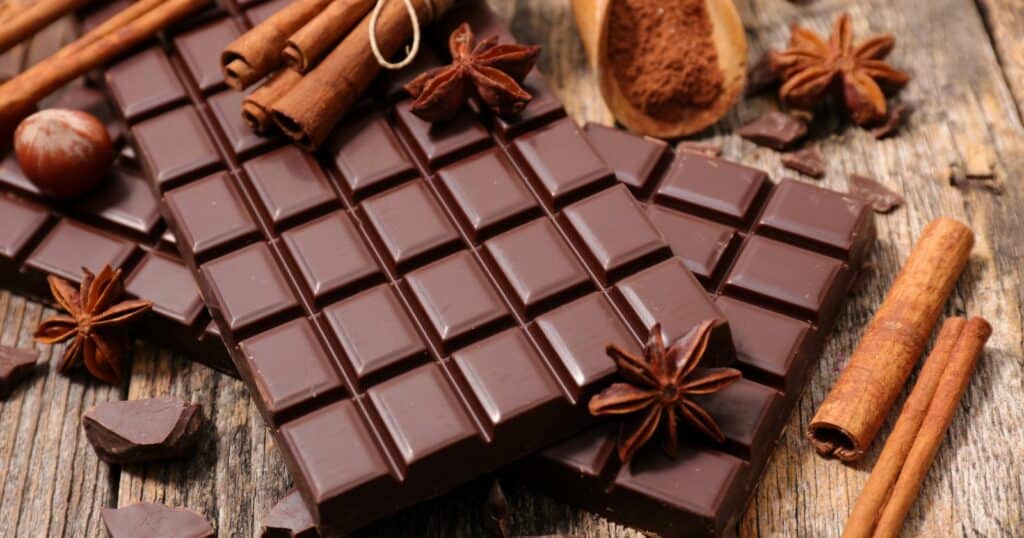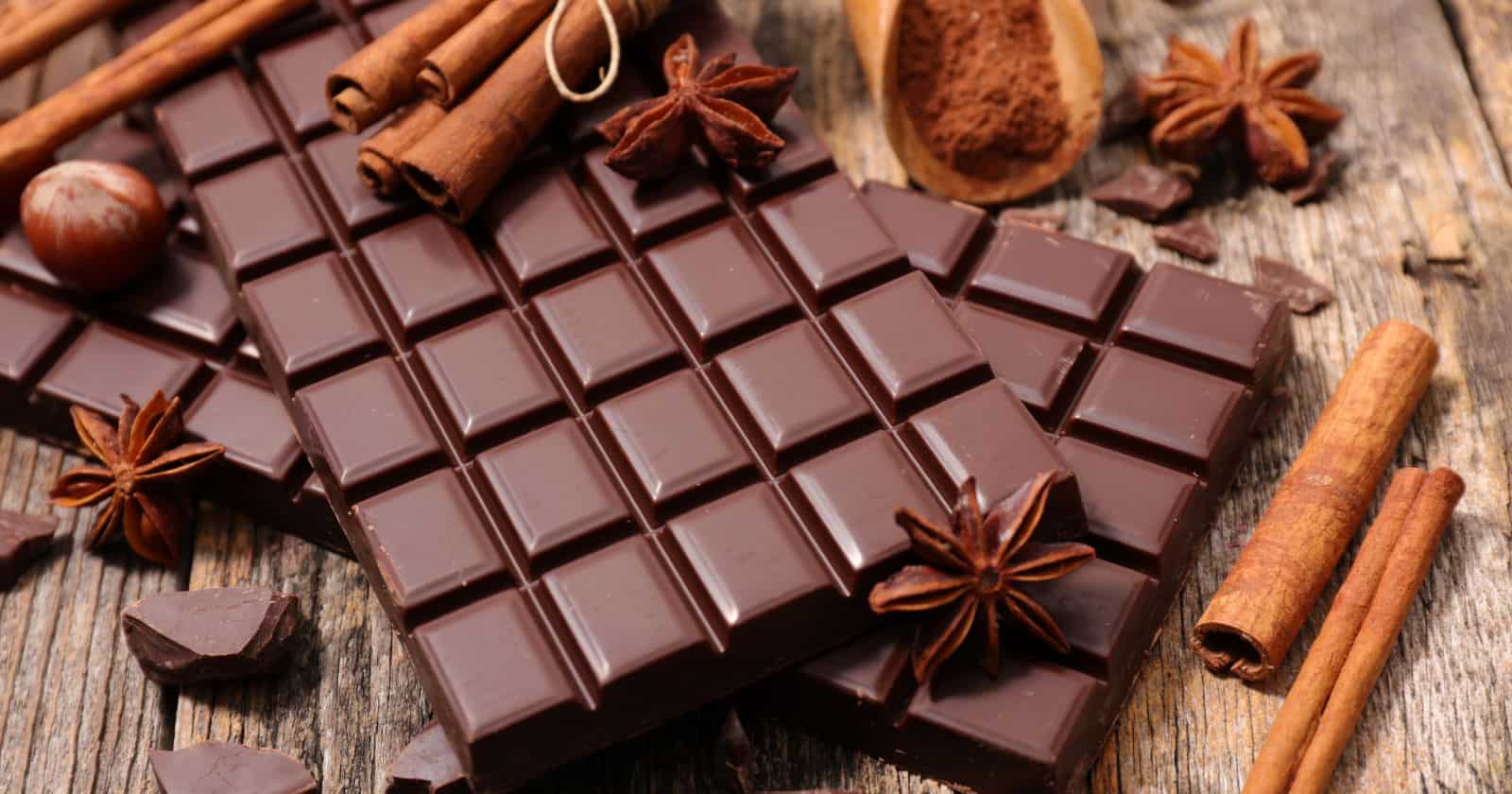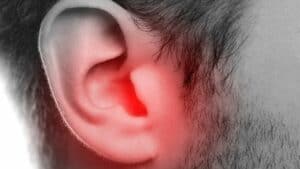Take a bite of creamy chocolate and suddenly you’re breathing fire – with an unpleasant burning or tingling sensation piercing your mouth. But what causes this agonizing effect that afflicts so many chocolate lovers?
The truth is, there are a few culprits behind chocolate’s mouth-burning mysteries. Cocoa’s chemical compounds, chocolate’s acidity, your temperature sensitivity, or even personal allergies could be to blame.
In this article, we’ll explore all the potential reasons you may feel like your mouth is scorched after eating chocolate. From chocolate’s ingredients to your individual sensitivities, we’ll uncover what’s causing this burning dilemma and how to prevent it.
Get ready to discover exactly why chocolate inflicts such delicious yet scalding pain – and how to relieve the fire and continue enjoying chocolate’s sweetness without the smoldering aftermath. Let’s dive in and solve the spicy mysteries of chocolate’s mouth burn!
Understanding That Uncomfortable Burning Sensation

Before diving into the reasons, let’s first understand why chocolate burns my mouth. What exactly causes this burning or stinging feeling when you eat chocolate?
When you experience a burning sensation in your mouth from chocolate, it’s usually occurring in these areas:
- Mouth – The delicate tissues of your mouth may tingle or burn slightly from ingredients in chocolate.
- Tongue – Your tastebuds on the surface of your tongue may feel irritated.
- Throat – You may feel a hot or scratchy sensation in your throat when swallowing chocolate.
While it may not be pleasant, the good news is that this burning feeling is temporary and harmless for most people. But what makes chocolate trigger this response? Let’s find out!
Cocoa Compounds – Caffeine and Theobromine
One of the main reasons chocolate can burn your mouth is due to its cocoa compounds like caffeine and theobromine.
Cocoa beans naturally contain these methylxanthines, which can irritate the throat:
- Caffeine – Found in small amounts in chocolate, this stimulant can cause a burning sensation.
- Theobromine – The main methylxanthine in chocolate and the key offender for burning.
When you eat chocolate, these compounds activate your taste buds’ heat receptors. This tricks your brain into thinking your mouth is literally on fire!
While not everyone has the same sensitivity to these ingredients, they are generally the main reason dark chocolate tends to burn more than milk chocolate.
The Capsaicin Connection
Ever felt like chocolate has a similar burn to hot peppers? There’s actually a spicy link between the two!
- Both contain capsaicin – the fiery compound in chili peppers.
- When capsaicin binds to your mouth and throat’s heat receptors, it causes irritation and burning.
So while chocolate contains only tiny amounts of capsaicin, it’s enough to create a mild hot, prickly sensation when combined with caffeine and theobromine.
Temperature – Too Hot to Handle!
The temperature of your chocolate can also contribute to mouth burn. When chocolate is extremely hot, such as:
- Fresh melted chocolate
- Hot cocoa
- Baked goods straight from the oven
…it can scald your mouth and cause temporary pain.
This effect has nothing to do with the ingredients and everything to do with the high heat activating your mouth’s pain receptors.
So letting your piping hot chocolate cool down a bit before indulging can help avoid that ow-inducing burn!
Acidity Aggravating Acid Reflux
Chocolate’s acidity alone may not burn your mouth initially. But it can aggravate acid reflux issues and lead to painful heartburn.
Here’s how chocolate’s acidic pH can lead to burning discomfort:
- Relaxes the esophageal sphincter, allowing stomach acid to rise up
- Slows digestion, increasing stomach pressure
- Directly contacts esophageal tissue, causing irritation
So if you frequently suffer from heartburn or reflux after indulging in chocolate, the acid factor is likely contributing.
Chocolate’s Astringent Qualities
In addition to its acidity, chocolate contains astringent tannins that can make your mouth feel dry and irritated. These naturally occurring polyphenols bind to salivary proteins, causing them to precipitate or shrink. This leads to:
- A rough, sandpapery feeling on the tongue
- Temporary loss of lubrication and moisture in the mouth
- Irritation of the soft mucosal tissues
This astringency enhances chocolate’s bold flavors. But for some, it may contribute to a prickly burning sensation.
An Allergic Reaction or Sensitivity
In rare cases, mouth and throat burning can signal an allergic reaction to chocolate or an ingredient in it.
Potential allergens hidden in chocolate include:
- Milk
- Soy
- Nuts
- Eggs
Allergy symptoms may include:
- Tingling, burning, or itching in mouth
- Swelling of lips, tongue, throat
- Hives, coughing, wheezing
- Upset stomach
Oral allergy syndrome is also possible, where fruits or nuts cause mouth itching.
If you experience any concerning reactions, consider getting an allergy test. Once identified, simply avoiding the trigger ingredient can prevent further mouth woes.
Your Individual Sensitivity to Chocolate
Why does one person find chocolate ultra-burny while others consider it smooth and mild?
Your personal sensitivity is a major factor in whether you’ll perceive chocolate as mouth-burning or not.
Here are key reasons why chocolate may bug some people’s mouths more than others:
- Genetic taste differences – Genes influence taste bud density, which affects taste intensity. Super-tasters find chocolate unbearably bitter.
- Oral sensitivities – Some have increased pain fibers in their mouths, making them hypersensitive.
- Damaged or missing taste buds – Injuries, illness, or aging can diminish taste, reducing chocolate sensitivity.
- Medications – Certain meds like antihistamines can affect taste.
- Dry mouth – Saliva helps moderate taste. Less saliva means more intense chocolate burn.
So your genes, health, and even your saliva all play a role!
Your Oral Microbiome’s Role
Research indicates your unique oral microbiome impacts taste perceptions and sensitivity. Key findings:
- Bitter taste receptors differ based on oral bacteria levels.
- Shifts in oral microflora correlate to changes in taste.
- Oral probiotics can alter taste receptor gene expression.
So the makeup of bacteria in your mouth may affect how intensely you experience chocolate’s bitterness and potential burn. An imbalance could make it worse.
Tips to Prevent Chocolate Mouth Burn
If you want to keep enjoying chocolate without the painful burn, here are some helpful tips:
- Pick milk over dark chocolate – Lower cocoa content means less burn-inducing theobromine.
- Add milk or cream – Dairy proteins reduce capsaicin burn and coat your mouth.
- Eat slowly – This gives your saliva time to buffer irritation-causing acids.
- Drink water – Rinsing your mouth washes away chocolate residues.
- Avoid reflux triggers – Don’t eat chocolate before bedtime or with heavy meals.
- Test temperature – Ensure melted chocolate or cocoa isn’t scalding hot.
- Check labels for allergens – Pick chocolate without your trigger ingredients.
- Use allergy medication – Oral antihistamines can help prevent allergic mouth burn.
With a few easy precautions, you can keep enjoying the chocolate you love without all the ouch!
Mint as a Fresh Solution
Interestingly, pairing chocolate with mint provides oral relief in two ways:
- Mint’s cooling sensation helps override signals of burn to the brain.
- Mint’s phytochemicals interact with menthol receptors to mask chocolate’s irritation.
Next time chocolate burns, try an after-dinner mint to cool your mouth and still enjoy the chocolatey decadence!
When To See a Doctor About Chocolate Mouth Burn
Mild chocolate-related mouth burn is normal for many people. But in certain cases, it’s wise to get a professional opinion:
- Burning that is severe or persistent
- Swelling or numbness in the face, lips, or tongue
- Wheezing, trouble breathing, or swallowing
- Hives, rash, or spreading redness
- Tight throat feeling, hoarse voice
- Dizzy, faint, or confused after eating chocolate
These reactions could indicate a serious allergy or other underlying condition requiring treatment. Don’t hesitate to call your doctor if mouth burn is severe or accompanied by other concerning symptoms.
Satisfy Your Sweet Tooth Without the Burn
While small amounts of chocolate cause harmless tingly mouth for many, hopefully this article has provided some reasons behind more painful chocolate burn. Factors like cocoa compounds, temperature, acid, and personal sensitivities all come into play.
With a few tips and precautions, you can keep enjoying chocolate’s delightful flavors without all the ouch. And if mouth discomfort becomes severe or persists, consult your doctor to identify any potential allergies or conditions.
Go ahead – have your chocolate and eat it too – with less burn! Just remember to savor slowly and smartly. With a few adjustments, you can satisfy your sweet tooth without the pain distracting from chocolate bliss.





